Research focus
The primary focus of our research group is the identification of novel genes and genetic mechanisms implicated in epilepsy. The epilepsies are a heterogeneous group of seizure disorders affecting approximately 50 million people worldwide, making it one of the most common neurological disorders. While 70% of people with epilepsy can be treated with currently available anti-epileptic drugs, 30% continue to present seizures despite multiple drug trials. The developmental and epileptic encephalopathies (DEEs) are a severe subgroup, characterized by early onset of often refractory epilepsy, and associated developmental delay. Treatment of these patients is a particular challenge, as no drugs are currently available that target the developmental problems. The DEEs are of specific interest to our group, as we strongly believe that the study of the underlying genetic mechanisms can be the entry point for the development of more potent, targeted therapies.
 Prof. dr. Sarah Weckhuysen
Prof. dr. Sarah Weckhuysen
Our group has invested heavily in a firm collaboration with (inter)national clinicians involved in epilepsy care. A special stronghold of the group is the close link with the clinic, as the PI is responsible for the epilepsy clinic in the University Hospital of Antwerp. Over the years, we thus have established a large biobank including DNA, tissue and phenotype data of a large cohort of well-characterized patients.
Using a combination of genomics, transcriptomics and epigenomics, we contributed to the discovery of several novel disease genes, including de novo KCNQ2 mutations in neonatal epileptic encephalopathy. This disorder is now known to be one of the most frequent genetic forms of DEE, and our group has a special interest in helping the field move closer to a cure for this disorder. We are actively involved in the curation of the KCNQ2 variant database www.rikee.org, and are modeling the disorder using iPSC derived neuronal cultures and brain organoids. In the last years we indeed have grown from a genetic research lab to a lab that works from bed (deep phenotyping of patients) to bench (genetic diagnosis and functional characterization) and back to bedside (therapeutic strategies). Since our (often young) patient population typically does not undergo brain surgery, we lack access to the appropriate tissue to study the effect of mutations on neuronal functioning. We believe that human iPSC derived 2D and 3D cultures offer a potent tool to elucidate the mechanisms of human neurodevelopmental disease, and that they are the necessary step to translate the genetic work of our group into biological understanding and better treatments for people with epilepsy.
The results emanating from our research have put the group at the international forefront of epilepsy genetics research. This was reflected by the election of the group as leader of the very successful European genetic epilepsy consortium EuroEPINOMICS-RES in 2011 (€ 2.5 million). This project led to the establishment of a strong collaborative network within Europe, of which the PI is still a spokesperson. We are also part of the worldwide Epi25 collaborative which recently attained its goal to sequence as many as 25,000 exomes of epilepsy patients over a five-year period.
Through the research efforts in our own group, and in collaboration with a strong international network of clinicians and research groups, we are paving the road towards improved diagnosis and daily care for people with epilepsy.
Team
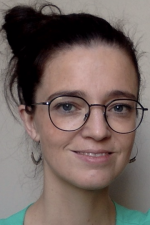
Sarah Weckhuysen
Group Leader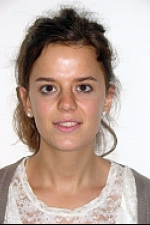
Hannah Stamberger
Staff Scientist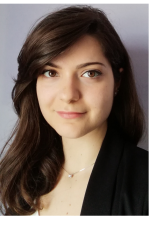
Lidia Carotenuto
Post-Doctoral Researcher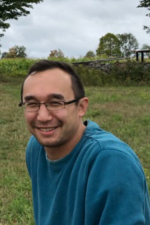
Marcus Kaji
Postdoctoral Researcher
Tejasvi Niranjan
Post-Doctoral Researcher
Fien Vandenberk
Arts-specialist in opleiding
Mandana Gheisari
PhD student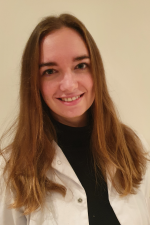
Charissa Millevert
PhD student
Nina Dirkx
PhD student
Noor Smal
PhD student
Noortje Zonnekein
PhD student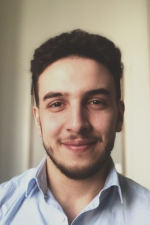
Zakaria Eddafir
PhD student
Merel Swinnen
PhD student
Fien Vandenberk
PhD student
Elisabeth Van Boxstael
PhD student
Els De Vriendt
Technician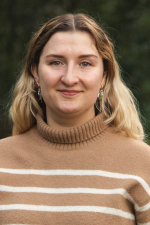
Yara Meijs
Technician
Mobina Bolhasani
Master student
Lamyae Elangouri
Master student
Daphné Deben
Master student